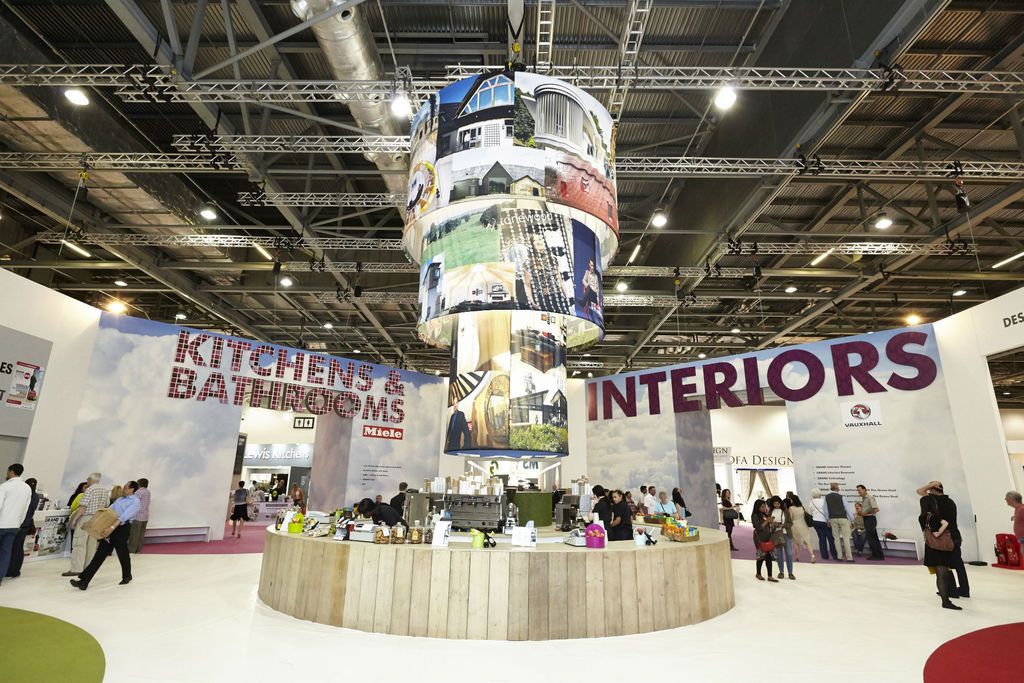IoT, smart cities, home automation, IFTTT. What on earth does it all mean? How do we make sense of it and why should it matter to us? With these questions in the forefront of the discussion, join me as I cut through the smoke and mirrors and demystify the realm of connected technologies.
IoT – Internet of Things
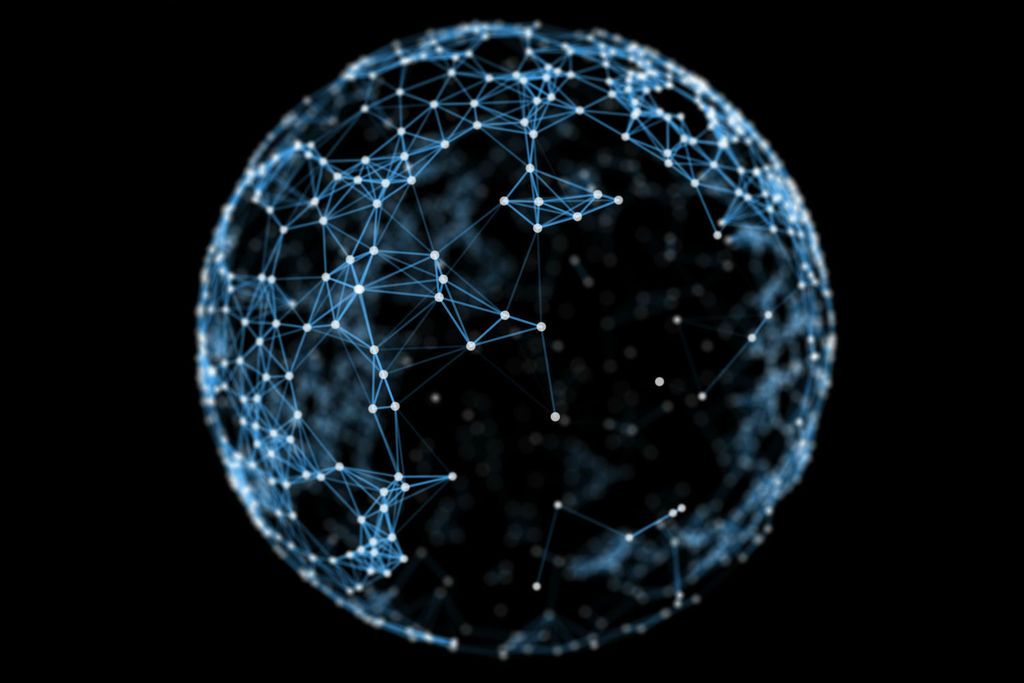
In fact, having come across this article you’re already ahead of the game. The term “Internet of Things” (IoT) has passed by 90% of us, according to a recent poll carried out in the US.
A quick search on Google Trends suggests that the term only began to enter into mainstream lexicon in mid 2014 – just over a year ago – and barely surfacing at that. Yet the chances are that IoT is probably already part of your life without you even knowing it.
The the term “Internet of Things” was coined during a presentation in July 1999, when technology pioneer Kevin Ashton envisioned a new era of interconnected items, as the logical next step beyond the computer, internet and mobile phone. Let’s delve a little deeper.
What is IoT?
The bottom line, in the words of Dave Evans, co-founder of IoT startup Stringify, is that “with IoT, we can literally connect anything to anything”. ‘Things’, or objects are connected to a digital network that can measure, calculate and learn in order to help us monitor and manage our lives, thereby increasing efficiency and preventing potential problems.
Here’s a scenario: the commute home.
It’s 5:30pm and you’re released from work. From your smartphone you’ve set the laundry cycle to start at 4:30pm so that it’s done by the time you enter the door and you don’t end up with smelly, stagnating laundry. You search your pockets for you car keys, panic for a second before remembering that your key tracker will locate the keys quicker than it took to lose them. As you set off, your sat nav app notices heavy congestion on the A56 and decides the quickest alternative route home. This is connected to an app that tells the oven to preheat 10 minutes before your tyres hit the driveway. You enter into a warmed house because your smart thermostat’s ‘footprint mode’ has learnt your routine and prewarmed the downstairs accordingly.
Our lives are being swept with a wave of interconnected devices that make our lives easier. You can now do your chores on the go – or not at all. But the scope of IoT goes much further when we realise that it will impact not only the lives of homeowners but the planet as a whole.
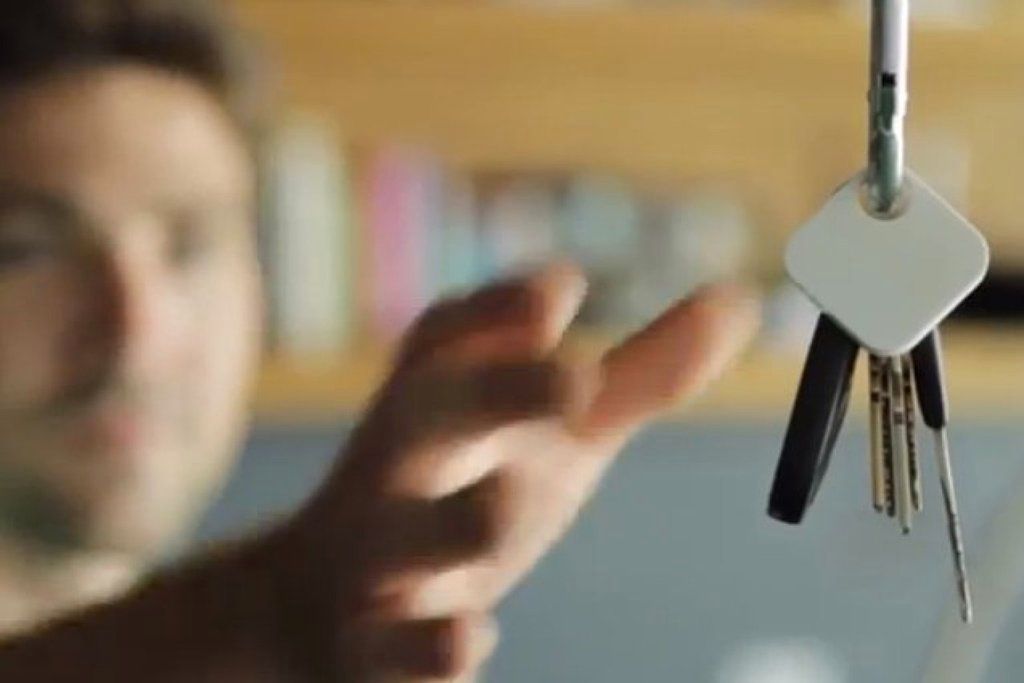
Heat Genius is part of the Internet of Things because we connect heating systems to an app that gives you control over your heating system via mobiles, laptops or tablets, even thousands of miles from home. By reducing your home’s energy consumption, you’re also making it easier to switch our society to clean energy.
IoT is data driven, and this data gives a voice not only to inanimate objects but humans and nature itself. Most smartphones come with apps that use GPS to track your levels of activity: steps taken, workouts and location. That’s IoT. Sat navs: IoT. We can use the Internet of Things to control the quality of water, the supply chain, to monitor a baby’s breathing, optimise irrigation in golf courses, detect intruders and notify the police, detect gone off milk and order more.
IoT to detect old milk? Whatever happened to using your nose?
I’ll give you that. Just like ‘Hair in a Can’ or Smellyvision, there are some inventions that should be nipped in the bud before they become an embarrassment. However, there’s a real chance that IoT could enable us to do a complete 180 and address some issues that, by their very nature, require a whole rethinking of the future.

What’s the future of IoT?
As the world tries to respond to the challenges of an increasingly unstable climate, IoT presents multiple solutions to the agriculture and food industry. For example, farmers and gardeners in dry regions can connect moisture sensors in the soil to their sprinkler system, controlling water usage and monitoring how much water they’ve saved.
IoT is still in a state of radical experimentation. And this will continue as long as radical technologies continue to be developed that respond to modern day challenges, and we envision ways of tightening efficiencies between humans, the products we consume and the services that enable that. There is no doubt that IoT will change the face of the future.
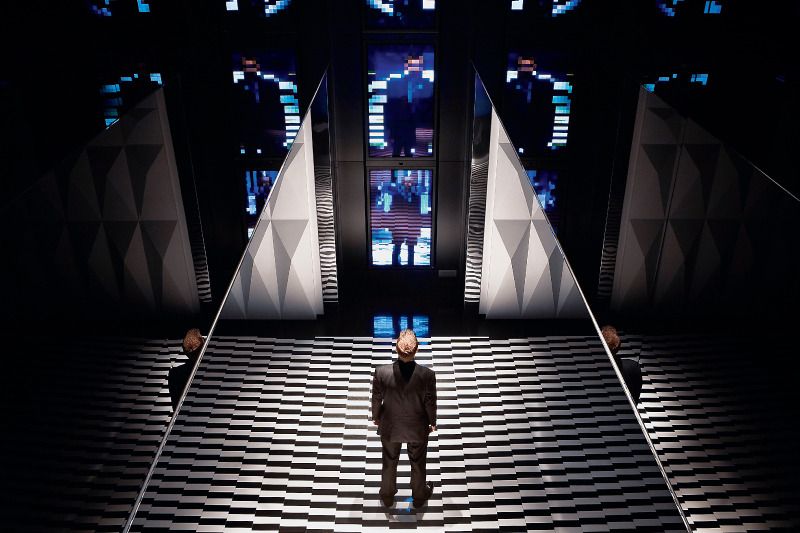
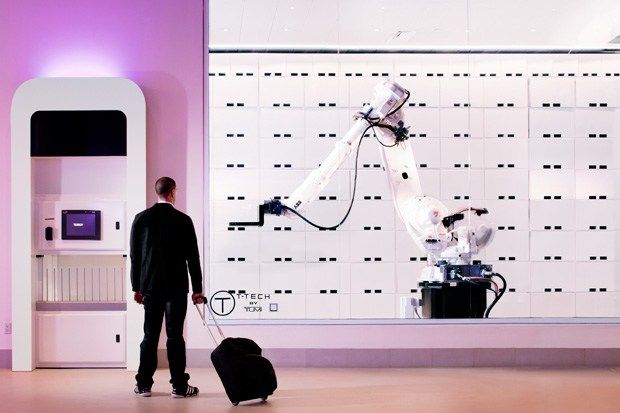

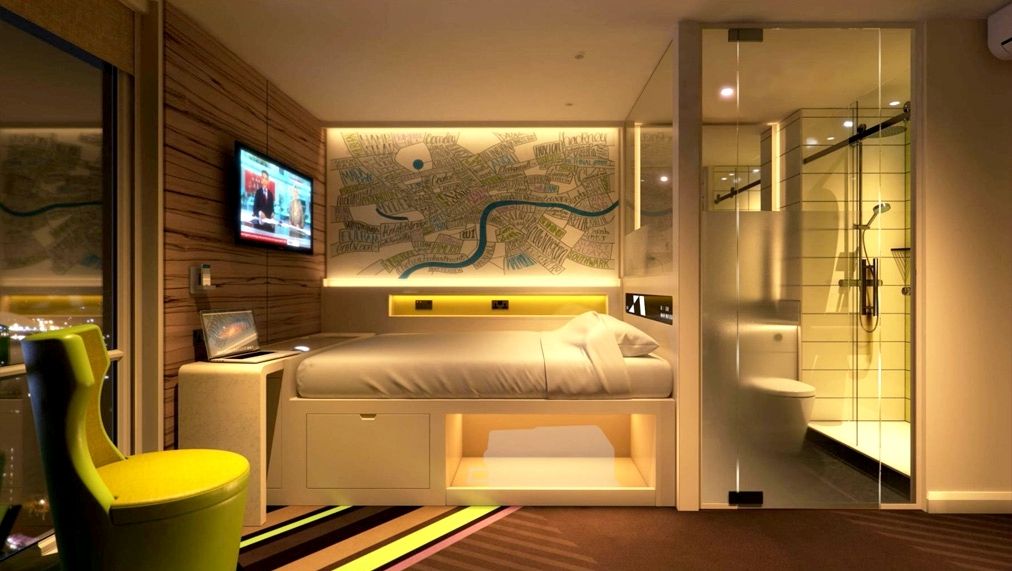
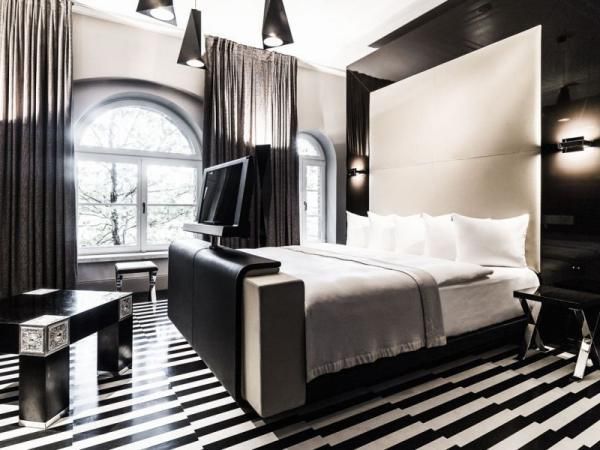
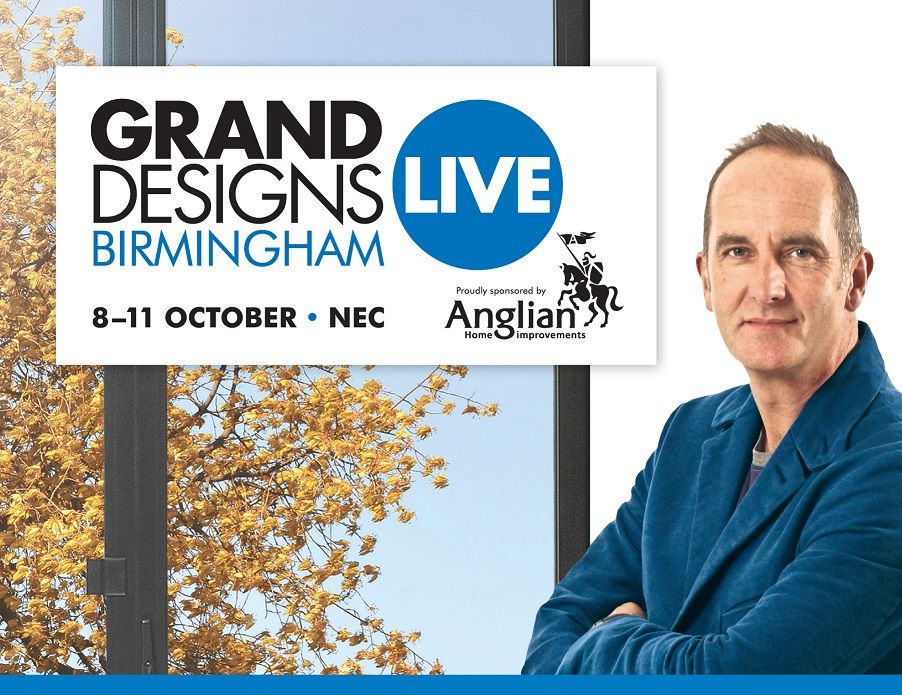 Tickets normally cost £19 on the door, or £16.70 in advance, including a booking fee. Up to two children under 15 get in free when accompanied by an adult.
Tickets normally cost £19 on the door, or £16.70 in advance, including a booking fee. Up to two children under 15 get in free when accompanied by an adult.